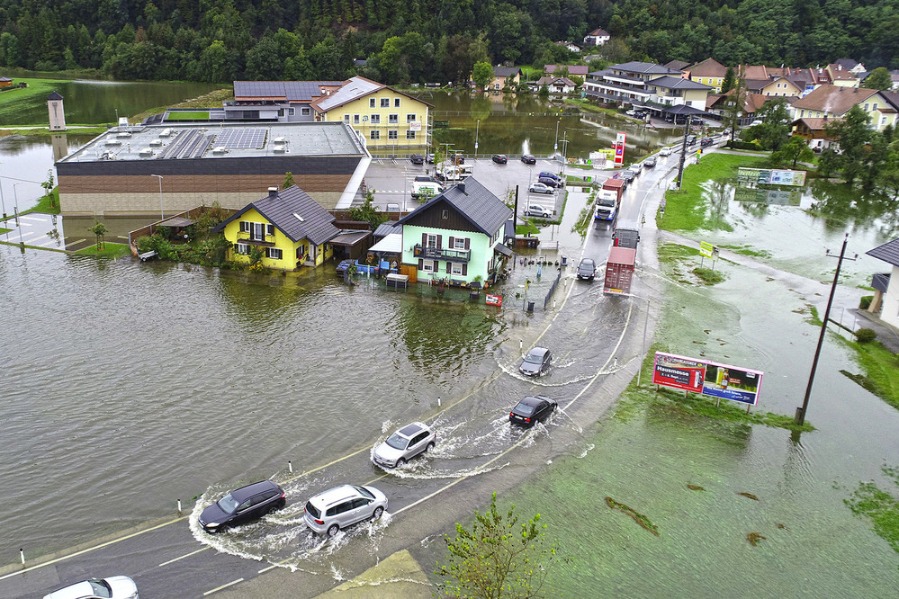WHO warns of food-borne diseases in Kenya amid flood crisis

NAIROBI -- The World Health Organization (WHO) on Friday warned of a possible surge in food-borne diseases in Kenya due to the ongoing floods crisis.
"There is a likelihood for increased illnesses associated with contaminated food diseases," WHO-Kenya said in an alert issued in Nairobi, Kenya's capital.
More than 260 people have been killed and over 378,000 others displaced by floods in Kenya as heavy rains of 200 mm a day pound different parts of the country, according to Kenyan authorities. The crisis has affected 41 out of the 47 counties, with most of those displaced living in congested camps in schools and churches.
WHO issued the alert due to the congestion in camps and the damage the floods have caused to sanitation infrastructure, including in Nairobi.
Kenya has already reported a cholera outbreak, with 44 cases recorded in Tana River County in the coastal part of the country, one of the worst affected areas by floods.
To avoid contaminated food diseases, WHO-Kenya advised those affected by floods to ensure food safety through thorough cooking, proper storage and enhanced personal hygiene practices.
The WHO said it will continue to support the health emergency response and remain vigilant for disease outbreaks that can easily spread if not quickly contained.
"We must be agile and ready to respond, led by the government and along with the partners, to bring relief to hundreds and thousands of affected people," Abdourahmane Diallo, WHO representative in Kenya, said on Tuesday.
At least 14 health facilities have been closed in different parts of Kenya and a major water treatment plant contaminated due to flooding, according to Kenya's Ministry of Health.
About a million people have been displaced by floods in Burundi, Kenya, Rwanda, Somalia, Ethiopia and Tanzania, the UN Office for the Coordination of Humanitarian Affairs said, adding the numbers are on the rise as rains intensify.


































